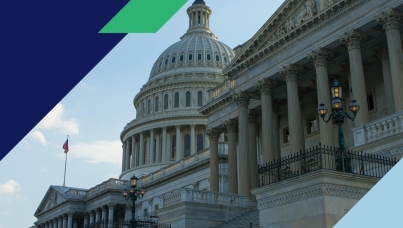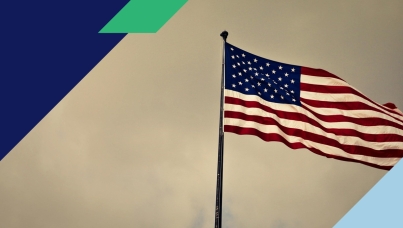Why do we worry so much about AI?
The Ipsos Consumer Tracker asks Americans questions about culture, the economy and the forces that shape our lives. Here's one thing we learned this week.
Why we asked: The U.S. lags most of the world in terms of its enthusiasm for artificial intelligence. Meanwhile, the U.S. is right up there with the rest of the world in terms of how worried or nervous we are. Most other markets are more balanced in their worry and wonder, and we Americans tilt much more to worry. Why?
What we found: I’ve had a pet theory that the things we’re worrying about are very near-term and personally impactful: Loss of privacy, loss of jobs, (and hey, we’ve seen “Terminator,” we know how this could end). Meanwhile, the things AI inspires wonder about — like detecting and curing diseases, creating new jobs and increasing productivity — are more far-out and ephemeral.
So we tried testing this and to some degree, I think the theory holds. Near term and impactful results of AI are a mix of negative like decreased privacy and increasing government surveillance and more positive like improving online search results. Things that could make a big positive difference like finding new treatments, creating new jobs or reducing traffic in cities are seen as less impactful or longer-term. We highlighted a couple of the more obviously positive and negative impacts for reference.
More insights from this wave of the Ipsos Consumer Tracker:



